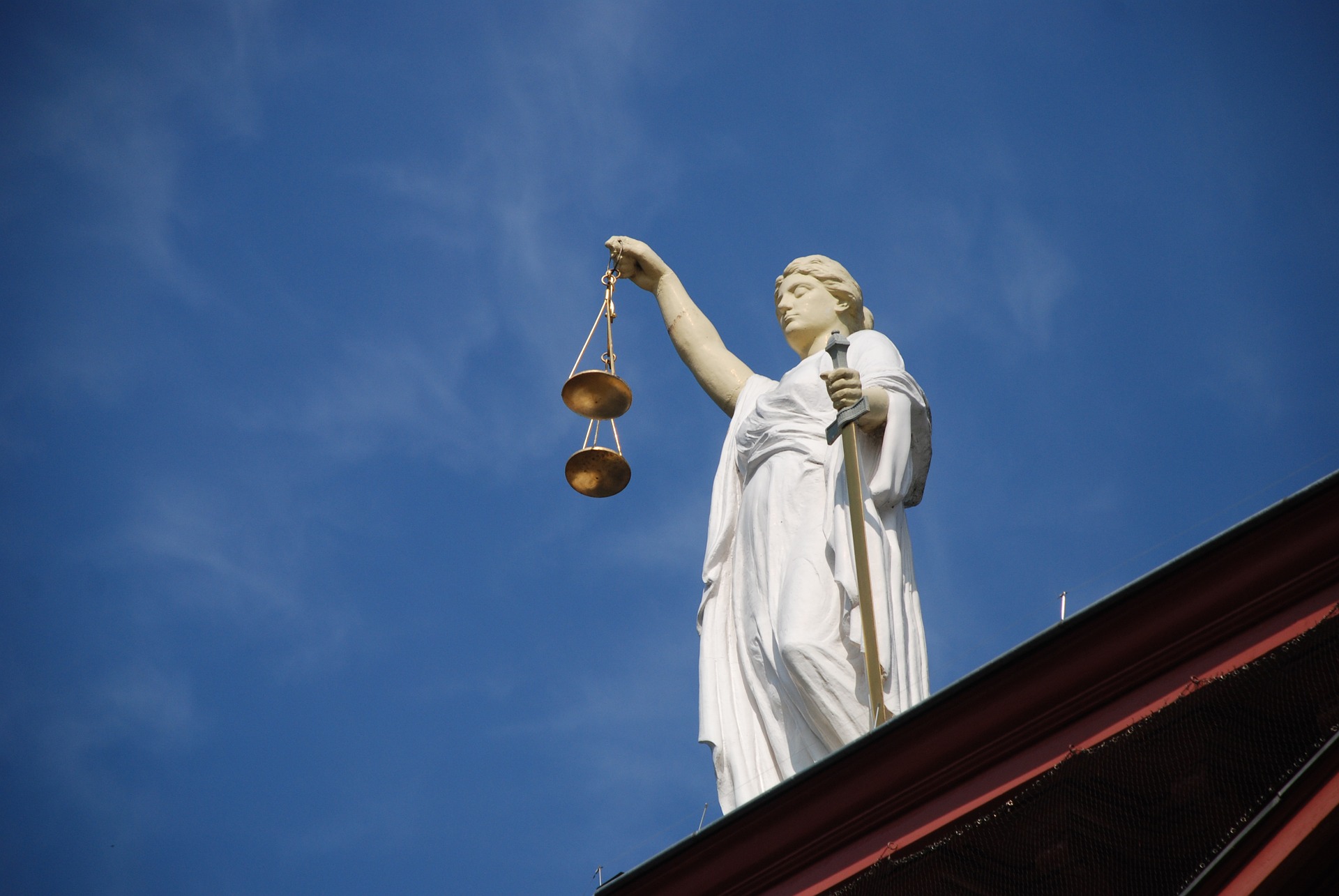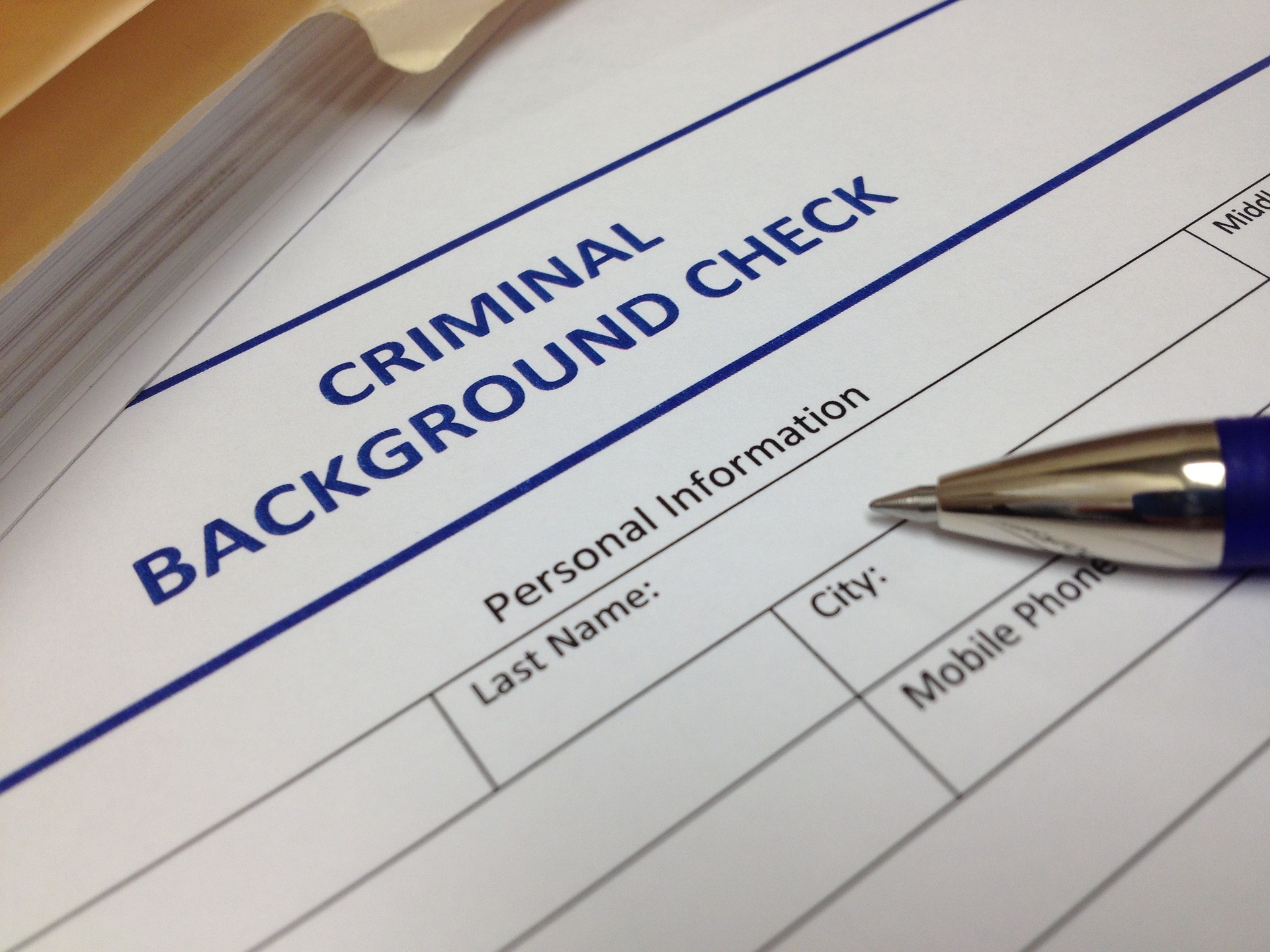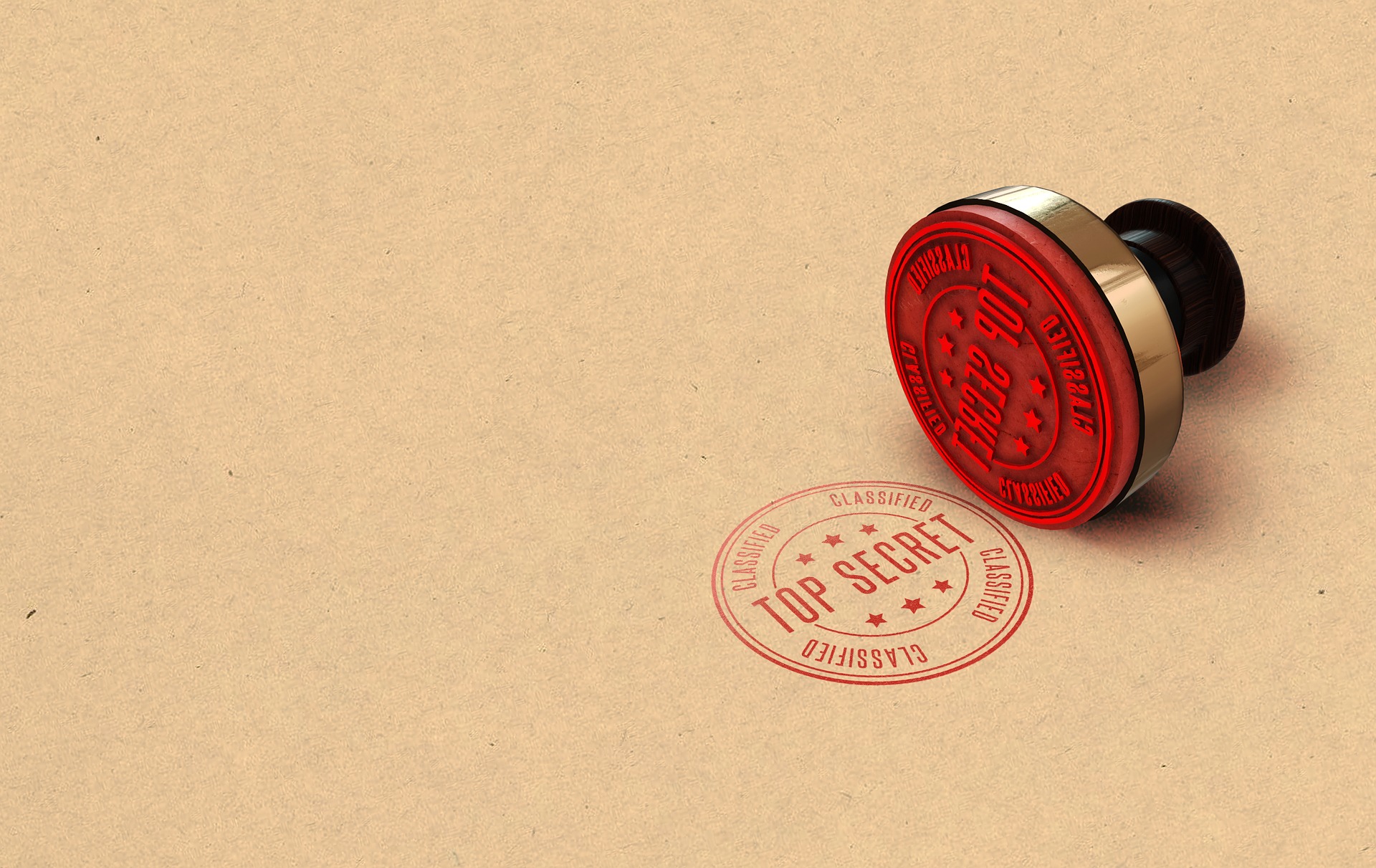Under Pennsylvania’s Clean Slate Law, which is the first of its kind, an estimated 30 million criminal records will be sealed by the Pennsylvania court system. The goal of this law is to effectively give eligible, non-violent offenders a clean slate with which to seek an education, find gainful employment, and rent a place to live. However, there are a host of questions surrounding this new law, especially regarding who is eligible and what types of criminal offenses it covers.
What is the Clean Slate Law?
The Clean Slate Law of Pennsylvania will seal millions of eligible non-violent criminal records for residents that meet certain legal requirements. The purpose of this innovative law is to minimize the damage that old, low-level criminal convictions for non-violent crimes can have on currently law-abiding citizens. Such convictions can cause problems when it comes time to get a job, purchase a car, or rent an apartment, making it difficult for non-violent ex-offenders to lead a productive life that supports the community they live in. If you meet the requirements of the Clean Slate Law, it can help you to get your life back on track.
Who is Eligible for a Clean Slate?
Under the Clean Slate Law, access to certain criminal records is automatically blocked if you meet all of these requirements:

- You were convicted of a third-degree or second-degree misdemeanor or an ungraded offense which carries a maximum penalty of 2 years or less
- You have not been convicted in the last 10 years of any offense punishable by a year or more in prison
- You have paid all court-ordered fines related to your sentence
Sealing of records under the Clean Slate Law will be granted automatically if you were charged but not convicted or it has been 10 years since you were convicted and all the obligations of your sentence have been met. If your record is denied for Clean Slate Limited Access, remember that you can file a limited access petition to have eligible records sealed. However, under the Clean Slate Law, no petitions or forms are required because the process is automatically performed by the court system of Pennsylvania.
Who Is Not Eligible for a Clean Slate?
If you have ever been convicted of any of the following crimes, you are ineligible for the Clean Slate program:

- Felony
- Indecent exposure
- Abuse of a corpse
- Failure to comply with sexual registration requirements
- Sexual intercourse with an animal
- Paramilitary training
- Weapons or implements for escape
- 2 or more offenses punishable by imprisonment of more than 2 years
- 4 or more offenses that each carries a maximum penalty 1 year or more
In addition, you can be rendered ineligible if you committed a qualifying offense punishable by 5 or more years in prison that was committed at the same time as a separate offense.
What Kind of Crimes Will Not Be Sealed?
Not all crimes can be sealed under the Clean Slate act. Here are offenses that will not be sealed: offenses involving danger to a person, offenses against family, offenses involving firearms and other dangerous articles, cruelty to animals, corruptions of minors, sex offender registrations, and sexual offenses. Again, these types of crimes will not be sealed.
What Does It Mean for Records to be Sealed?

Once your records are sealed, they will not show up on the background checks that the majority of colleges, landlords, and employers use in making decisions. Information requested in such background checks will look as if the offense did not occur. If your entire record qualifies to be sealed, then it will look as if you do not have any record at all. And, if asked about your criminal record by a potential employer, you will be able to answer as if the sealed crimes never occurred.
However, there are still entities that can access your sealed records: law enforcement agencies (including the FBI and DEA), employers who use FBI background checks, and employers who have to consider records under federal law.
When Will My Records Get Sealed?
If you have met the legal requirements for eligibility in the Clean Slate Law and have records that are eligible to be sealed, exactly when your records will be sealed is not known at this time. Sealing of records started in late June of this year, and the deadline for the courts to complete automatic sealing is June of next year. Thus, at the latest, your eligible records should be sealed no later than June 2020.
Conclusion
The Clean Slate Law of Pennsylvania will seal approximately 30 million non-violent criminal records that meet strict eligibility requirements regarding the type of crime and the criminal history of the person who committed it. After the automatic sealing phase is complete, eligible individuals can file a limited access petition with the court to have certain records sealed. The goal of this program is to allow non-violent offenders a chance for a clean start by limiting what kinds of crimes appear in background checks requested by employers, colleges, and landlords.
Contact Robert L. Schwarz
If you or someone you care about has questions about their eligibility to have records sealed under the Clean Slate Law, contact the Law Offices of Robert L. Schwarz without delay. With experience as both a private criminal attorney and a former Delaware County public defender, I can answer your questions about the Clean Slate Law and limited access petitions. And I can assist you in the process of expunging or sealing your criminal record if you are not eligible under the Clean Slate Law. I look forward to hearing from you!

